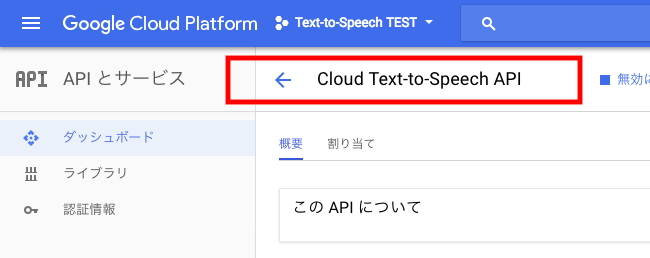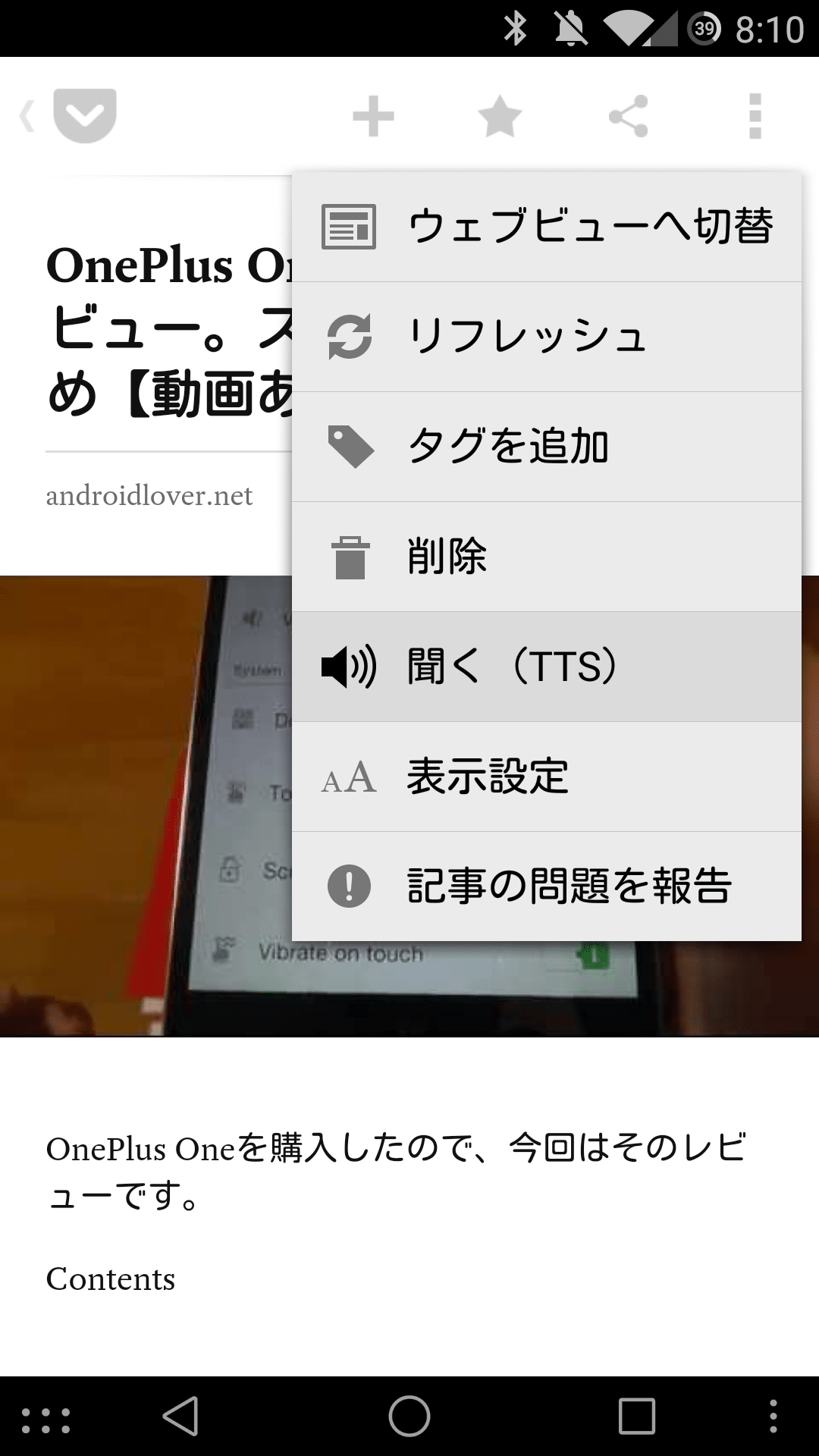
This paper proposes a prediction-based human-robot collaboration model for assembly scenarios. To smooth the collaboration task flow and improve the collaboration efficiency, a better way is to formulate the robot to surmise what kind of assistance a human coworker needs and naturally take the right action at the right time. However, more and more applications from SMEs require robots work alongside their counterpart human workers. Most robots are programmed to carry out specific tasks routinely with minor variations. The experimental results showed that the recognition rate for the speech impaired is about 80%, while the recognition rate for normal speech is 100%. The test was conducted by mentioning the digits 1 through 10. Although research into speech recognition to text has been widely practiced, this research try to develop speech recognition, specially for speech impaired's speech, as well as perform a likelihood calculation to see the factor of tone, pronunciation, and speech speed in speech recognition. The Google Cloud Speech API integrates with Google Cloud Storage for data storage. By using the Google Cloud Speech Application Programming Interface (API), this allows converting audio to text, and it is also user-friendly to use such APIs. In this research, the authors have developed a speech recognition application that can recognise speech of the speech impaired, and can translate into text form with input in the form of sound detected on a smartphone. Therefore, an application is required that can help and facilitate conversations for communication. nycrc and tsconfig.json)Īre generated from a central template.Those who are speech impaired (tunawicara in the Indonesian language) suffer from abnormalities in their delivery (articulation) of the language as well their voice in normal speech, resulting in difficulty in communicating verbally within their environment. Please note that this README.md, the samples/README.md,Īnd a variety of configuration files in this repository (including. More Information: Google Cloud Platform Launch Stages ContributingĬontributions welcome! See the Contributing Guide. Issues and requests against stable libraries because of critical security issues) or withĪn extensive deprecation period.
#Google speech to text pricing code
The code surface will not change in backwards-incompatible ways This library follows Semantic Versioning.

#Google speech to text pricing install
The dist-tags follow the naming convention legacy-(version).įor example, npm install installs client librariesįor versions compatible with Node.js 8. Dependencies cannot be kept up-to-date.Ĭlient libraries targeting some end-of-life versions of Node.js are available, and.Some security patches and features cannot be backported.

Legacy versions are not tested in continuous integration.Google's client libraries support legacy versions of Node.js runtimes on aīest-efforts basis with the following warnings: If you are using an end-of-life version of Node.js, we recommend that you updateĪs soon as possible to an actively supported LTS version. Libraries are compatible with all current active and maintenance versions of Our client libraries follow the Node.js release schedule. The Cloud Speech Node.js Client API Reference documentationĪlso contains samples. Each sample's README.md has instructions for running its sample. SpeechClient ( ) async function quickstart ( ) quickstart ( ) Samples Imports the Google Cloud client library const speech = require ( ) // Creates a client const client = new speech.


 0 kommentar(er)
0 kommentar(er)
